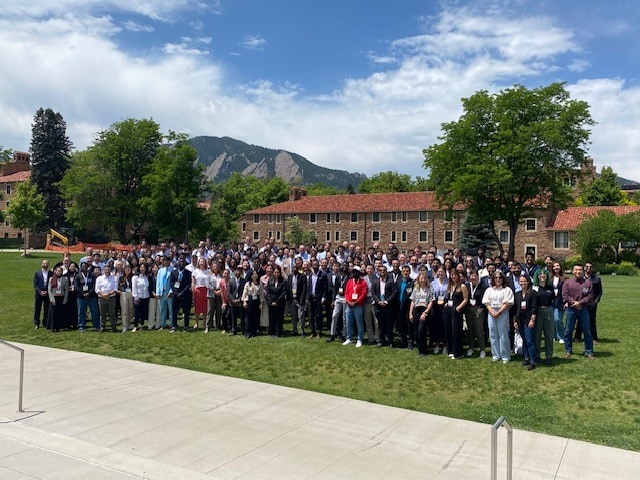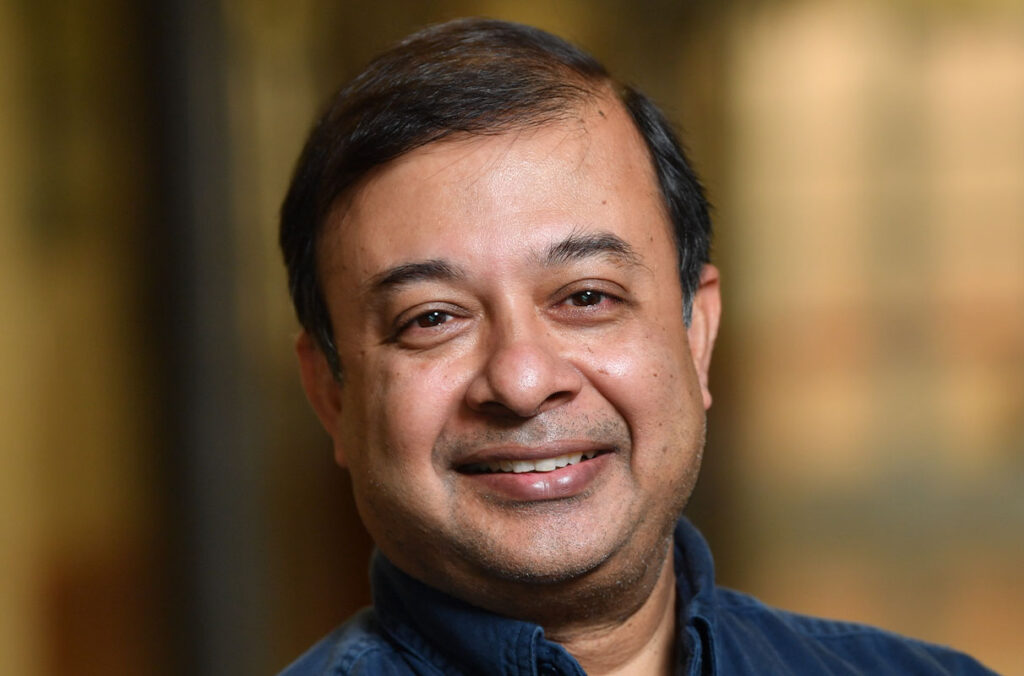
Metallic Glasses: An overview of the state of the art and their application in biomedical sector
Hosted by: ACerS Italy Chapter
Wednesday, July 20, 2022; 10 a.m. -11 a.m. Eastern US time
The ACerS Italy Chapter is sponsoring the webinar, Metallic Glasses: An overviwe of the state of the art and their application in biomedical sector, presented by Elham Sharifikolouei
DESCRIPTION
The discovery of metallic glasses has stimulated widespread research enthusiasm because of their technological promise for numerous applications. Their underlying mechanism of glass formation has opened doors in understanding the glass phenomena. The continuation of rapid growth in the field of metallic glasses can be attributed to advancement in fundamental understanding of their structure and deformation, and their ability to represent the liquid state. Thanks to their disordered atomic microstructure and unique glass-to-supercooled liquid transition, metallic glasses represent a new class of structural and functional materials with extraordinary properties including extreme strength, high corrosion and oxidation resistance, better cytocompatibility, ultra-soft magnetic properties, and more recently, their antibacterial properties.
This webinar covers the overview of metallic glasses, their processing techniques and its challenges including melt-spinning, suction casting, thin film deposition and additive manufacturing. The second part of the webinar focuses on their extraordinary properties such as mechanical behavior, corrosion resistance, and magnetic properties, and their applications as biomaterials. Specific focus will be paid for their application in the biomedical sector.
INSTRUCTOR BIOGRAPHY

Dr. Sharifikolouei is a Marie Skłodowska–Curie Individual fellow at Politecnico di Torino, Italy with close collaboration with Austrian Academy of Sciences in Leoben, Austria. She completed her M.Sc in biomaterials at Ulm University in Germany. She conducted her master thesis on the development of “synthetic model cells” at Max Planck Institute for Intelligent Systems in Stuttgart, Germany and she was awarded with the best Masters ‘thesis award. She further received the Max Planck Society PhD fellowship to develop a new technique for the fabrication of metallic glass microfibers. In 2018, she completed her PhD under the supervision of Prof. Joachim Spatz at Max Planck Institute for Medical Research in Heidelberg, Germany.
Her research interests are interdisciplinary fields where the engineering part of materials meet with in-depth surface and biological analysis for the development of the next generation biomaterials including but not limited to metallic glasses for biomedical industry. She is currently working on multiple projects from wound-healing applications to antibacterial properties in biomaterials.
REGISTRATION
ACerS member: no cost
ACerS GGRN and Material Advantage student member: no cost
Non-member: $30
Non-member student: $15
If you have any questions, please contact Karen McCurdy.
This webinar is brought to you by ACerS Italy Chapter.
To view past ACerS webinars click here.
Author
Karen McCurdy
Spotlight Categories
- Chapter News
International Chapters
- Italy Chapter


